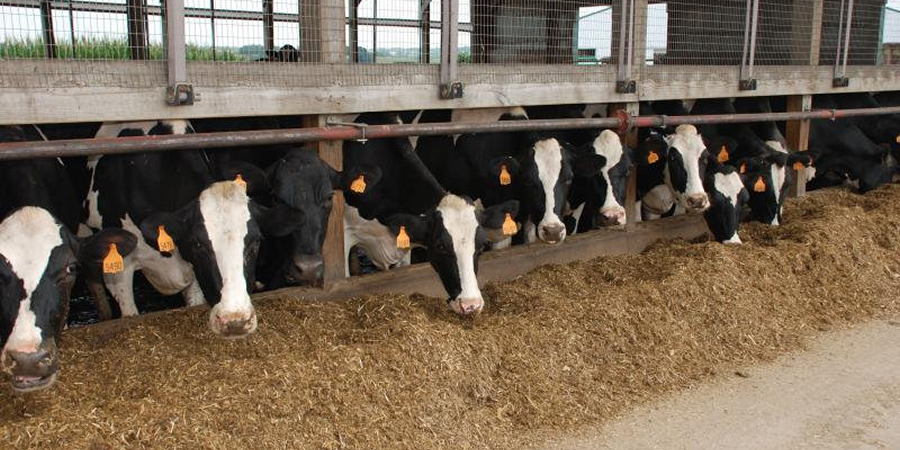October 12, 2024
New study highlights impact of variation in dry matter intake on beef cattle performance

A new study published in Applied Animal Science has explored the effects of daily variations in dry matter intake on the performance of finishing beef cattle, Beef Magazine reported.
The research aimed to clarify the relationship between fluctuations in feed intake and various production factors such as average daily gain, carcass characteristics, and feed efficiency.
"Daily variation in dry matter intake has been shown to reduce overall intake and average daily gain across several production systems. However, the exact nature of this relationship remains unclear," stated Dr David Beede, editor-in-chief of Applied Animal Science. He described the study as a detailed evaluation of how daily fluctuations in feed intake correlate with overall production outcomes.
Researchers compiled data from three previously published experiments in which beef cattle were individually fed. The study calculated two assessment methods for day-to-day variation in dry matter intake: the coefficient of variation and Euclidean distance. These methods were then compared with various production traits and efficiency indicators.
"The results indicate that day-to-day variation in dry matter intake is linked to poorer production outcomes in finishing beef cattle, regardless of the assessment method used," explained Dr Matthew Beck, lead author of the study from the Livestock Nutrient Management Research Unit, USDA-Agricultural Research Service. However, Beck pointed out that the two methods of assessment revealed different types of outcomes.
Beck further noted that the coefficient of variation was more strongly linked to energy partitioning between fat and lean tissue. On the other hand, Euclidean distance was associated with absolute reductions in empty body weight gain, independent of tissue type.
The study suggested that cattle with less day-to-day variation in dry matter intake demonstrated better production outcomes. This variation, however, often disappears in group-fed cattle, possibly due to individual differences being masked by their pen mates. The findings suggest that management practices aimed at reducing individual variation in feed intake could potentially improve cattle performance.
Dr Beck acknowledged that further research is necessary to confirm the findings. "Future studies should particularly focus on cattle started on feed at lighter body weights and fed for longer periods," he said, noting that the observed associations might differ in cattle with more extended feeding durations.
- Beef Magazine










